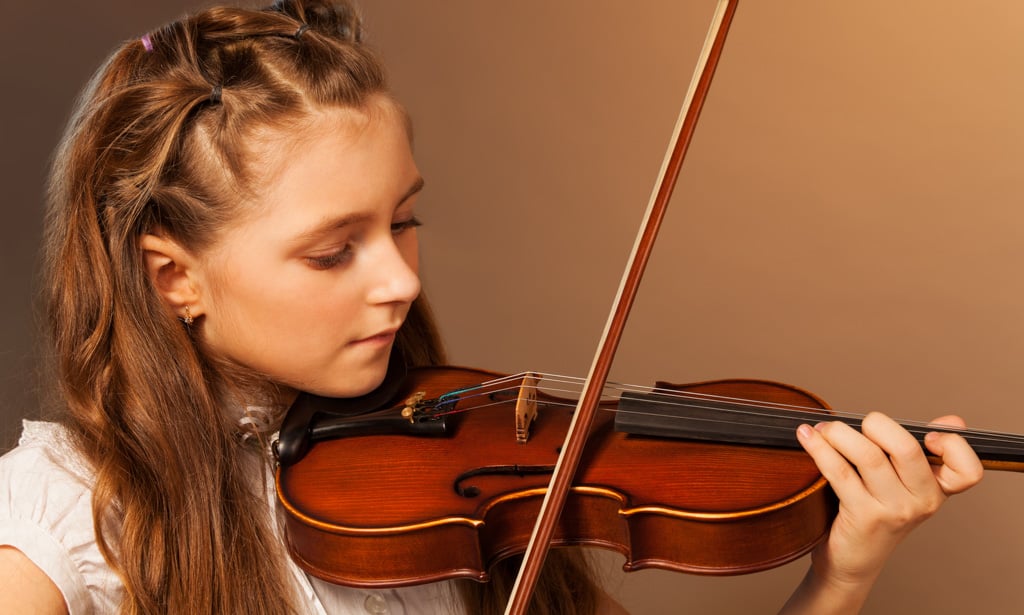As homeschoolers, one of our greatest challenges is deciding which courses to include in our curriculum. For example, what is the best way to integrate music into our program? Do we purchase a music curriculum, join a choir or have our kids learn an instrument? And just how important are homeschool music lessons anyway?
Well, research indicates that integrating music into our children’s educational process has amazing results. In fact, According to the Arete Music Academy, children who study music tend to have larger vocabularies and more advanced reading skills than their peers who do not participate in music lessons. In addition, children who study a musical instrument are more likely to excel in all of their studies, work better in teams, have enhanced critical thinking skills, stay in school, and pursue further education.
Seems like a pretty important subject to make its way into a program! Do you agree?
And what’s great is that even if you don’t consider yourself musically gifted, you can still integrate music into your homeschool curriculum. Looking to learn more about homeschool music lessons?
Here are just a couple of ideas for you you can make music an important part of your educational process.
- Get your kids music lessons. Playing a musical instrument can both develop and enhance language, coordination, and math skills. It can also bolster your child’s social skills, as well as strengthen spatial-temporal reasoning abilities. Music is a wonderful gift to share and cultivating an appreciation of music can have lasting positive effects in our children. So if you have the opportunity get them involved in music lessons, do so. In addition, you can buy toy musical instruments and even recycle materials that are useful for music making to get your kids involved in making music.
- Add music appreciation classes to your day. By nature, homeschool programs offer families an affordable music education option, and there are a number of fantastic resources that can make music appreciation doable for even a non-music lover. A few popular favorites include Maestro Classics, and Zeezok’s Music Appreciation Curriculum. Even parents who have never picked up an instrument can guide their child through both curriculum options, be it with a violin lesson DVD or with a real music teacher.
- Build a foundation for music appreciation by creating an atmosphere that is simply filled with music. Choose from a wide selection of musical artists and allow your children to absorb the sounds of instruments from all over the world. Introduce them to famous composers and allow them to ask questions about what they hear. Classical Composers Monthly is a terrific resource for acquiring quick snippets on various composers and is known for being an easy way to teach kids about composers. Another great resource is Those Amazing Musical Instruments Book & CD .
- Make music a large part of your day every day. Teaching your children to appreciate music is best achieved by immersing them in it. Surround your kids with music by listening to music at home or in the car. Some parents like to play their favorite CD’s or sing their favorite songs. Others love to take advantage of the opportunity to visit theatres and attend concerts.
- Explore the connections in music and other areas of your child’s education. For example, you might reference a particular type of music or composer from a period of history they are studying. Take a little time to have your child study the history and the composers life together, and then have your child listen to their musical compositions and the musical style of that time.
If you would like to try teaching yourself music or helping your child learn an instrument, try looking at the Piano is Easy series and Teach Yourself Piano Step by Step. And if you would like to look at creating your own music appreciation course check out this link.
Want to learn more about other extra-curricular activities and electives? Check out what Bridgeway offers families by clicking here or calling 800-863-1474.







